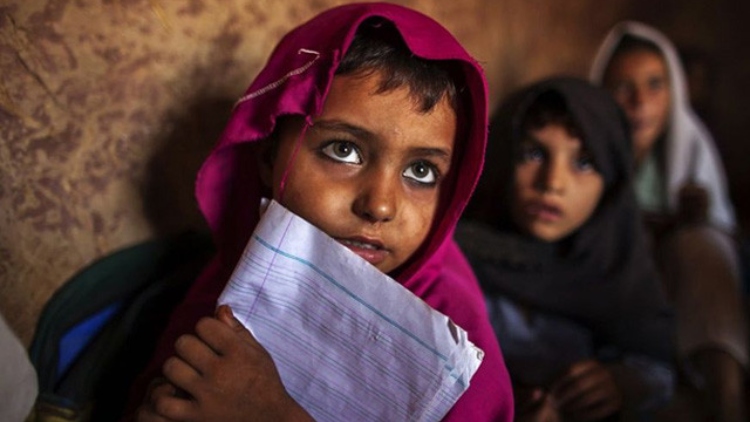
In Sindh (Pakistan), public school students are still waiting for textbooks from the government, even though the academic year began 2 months ago.
A petition has been filed in the Sindh High Court against the education department for failing to provide the textbooks.
The petition names the Sindh Textbook Board chairman, the Education Secretary, and directors of primary and secondary education as respondents. Lawyers representing the case highlighted that most schools in the region are yet to receive the necessary materials.
Earlier this year, the Sindh High Court ordered the education department to reopen government schools that were closed due to a lack of resources within two months. The order came after Justice Salahuddin issued a report detailing the dire conditions of schools in Sindh. Judicial magistrates visited 19 districts and discovered that 2,640 schools were nonfunctional due to the absence of essential resources like teachers and furniture.
The Sanghar district was the most affected, with 438 closed schools.
Pakistan is currently grappling with an education crisis, as 25.3 million children aged 5 to 16—36% of the school-age population—are out of school. Rural areas are the worst affected, facing significant challenges in school enrollment. A report titled “The Missing Third of Pakistan,” published by the Pak Alliance for Maths and Science (PAMS), offers the first comprehensive analysis of out-of-school children (OOSC) at the tehsil level.
According to the report, 74% of Pakistani children live in rural areas, where issues like poverty, limited access to schools, and social barriers hinder education. The rural-urban divide is growing, with 18.8 million out-of-school children residing in rural areas. Children aged 5 to 9 are particularly vulnerable, with 51% never having attended school.
Moreover, 50% of children either drop out or are no longer enrolled, which could have a lasting impact on Pakistan’s literacy rates.
The report also highlights the delay in school enrollment, especially in rural communities, where economic conditions prevent many children from attending school. Gender disparity compounds the problem, as 53% of out-of-school children are girls.
In some tehsils, as many as 80% of girls between 5 and 16 have never attended school, reflecting deep-rooted gender inequality in education access.




